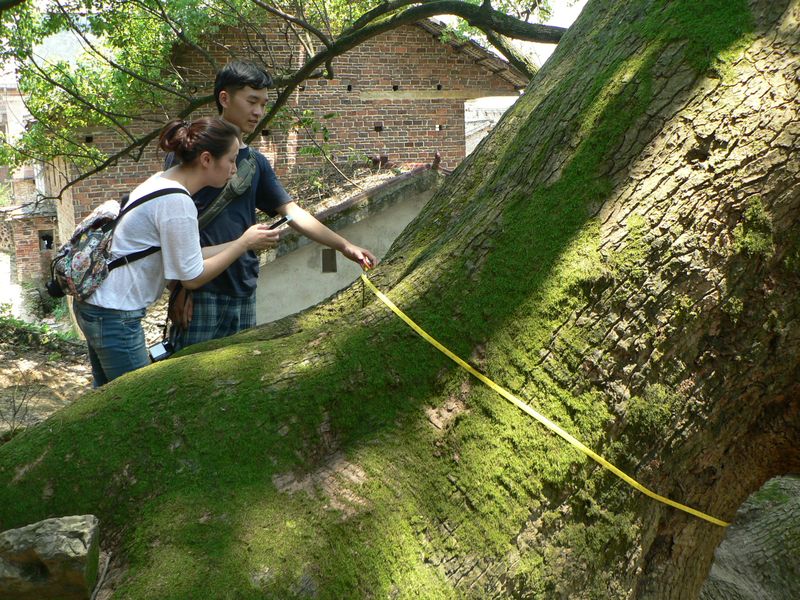Please Note: LIASE concluded grantmaking in 2017 and is no longer accepting proposals. Over the life of the initiative, described below, the Foundation awarded 26 exploration grants and 20 implementation grants, investing close to $11 million.
Approved by the Luce Foundation’s Directors in November 2010, the Luce Initiative on Asian Studies and the Environment (LIASE) was a competition for invited liberal arts colleges and formal associations of liberal arts colleges in the United States. LIASE, administered by the Foundation’s Asia Program, aspired to encourage innovative approaches to Asian studies teaching and research at the undergraduate level through the lens of the environment and sustainable development. By inviting faculty and students to cross geographic and disciplinary boundaries, LIASE opened opportunities to:
- increase the capacity of Asian studies faculty to teach about critical topics affecting the region; and
- expand Asia-related content across the curriculum.
Traditionally structured around the disciplines of history, religion, anthropology, philosophy, language and literature, Asian studies remains housed primarily within the humanities. For various reasons, students in other fields, including the physical and biological sciences, mathematics, and economics, often have relatively fewer opportunities to learn about Asia. Yet Asia’s transformation is changing the ways in which knowledge about the region is developed and taught. Asia has become prominent in campus discussions on the environment because of the environmental challenges the region presents as well as the green technologies being developed there.
Environmental challenges will require global cooperation and engagement by people with interdisciplinary training, comparative perspectives and knowledge of local conditions and historical and cultural context. LIASE provided incentives for faculty and students to think in new ways about Asia and the environment; energize Asian studies programs; and build bridges between the humanities, social sciences, physical and biological sciences, and policy and professional fields.
Program Goals and Scope
The Luce Initiative on Asian Studies and the Environment was a two-stage, annual competition open by invitation to American liberal arts colleges and formal associations of liberal arts colleges. The competition began with small exploration grants. Recipients of exploration grants were eligible to submit proposals for larger implementation grants in a second stage.
LIASE was intended to challenge undergraduate institutions to create fresh entry points for engagement with Asia within and beyond the walls of the classroom. It aimed to bring Asia specialists and non-specialists together to enrich the study of the region, broaden literacy about Asia among new constituencies on college campuses, and inspire ideas for future work and study on pressing issues of the 21st century.
In the guidelines, “environment” and “sustainable development” were defined broadly to draw participation from a wide range of disciplines.
Projects and programs supported through LIASE were limited primarily to the regions of East and Southeast Asia.
LIASE Resources
Since the first round of grants was approved by our Directors in 2011, a variety of projects and outcomes have emerged from the LIASE initiative. We have compiled a directory of websites, with links to our grantees’ institutional pages and featuring faculty and student work, such as publications, blogs, photographs and video clips, related to the study of Asia and the environment.
Below, you can download a booklet highlighting projects and programs at each grantee institution, impact case studies compiled by an external consultant, and a directory of core faculty involved with LIASE from each campus.
LIASE ResourcesLIASE Conference
The Henry Luce Foundation was pleased to partner with the Associated Colleges of the Midwest (ACM) on a conference to feature work supported through the Luce Initiative on Asian Studies and the Environment and strengthen the LIASE network. The conference was designed as a set of working sessions from which grantees across all five rounds of the competition were able to share information and learn from each other’s experiences and approaches to LIASE teaching, research and project implementation.
The conference took place on September 28th to October 1st, 2017, at the St. Paul Hotel, St. Paul, MN.

Courtesy of Bard College





